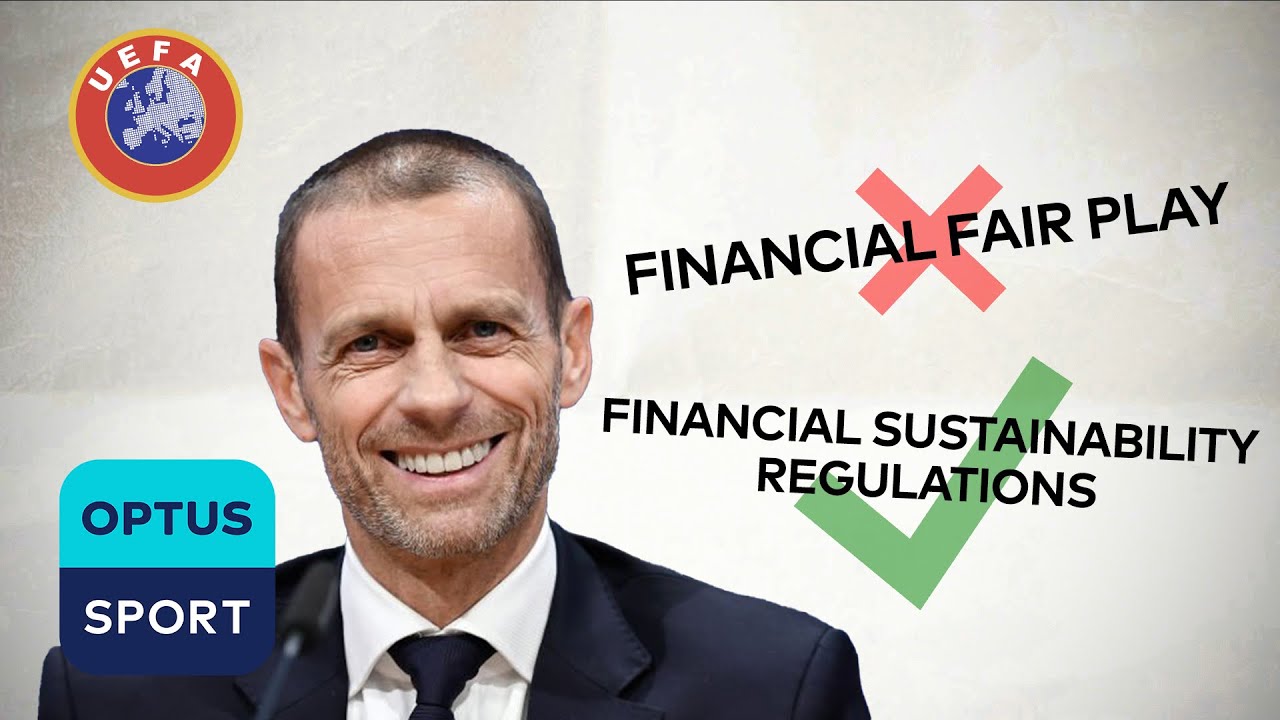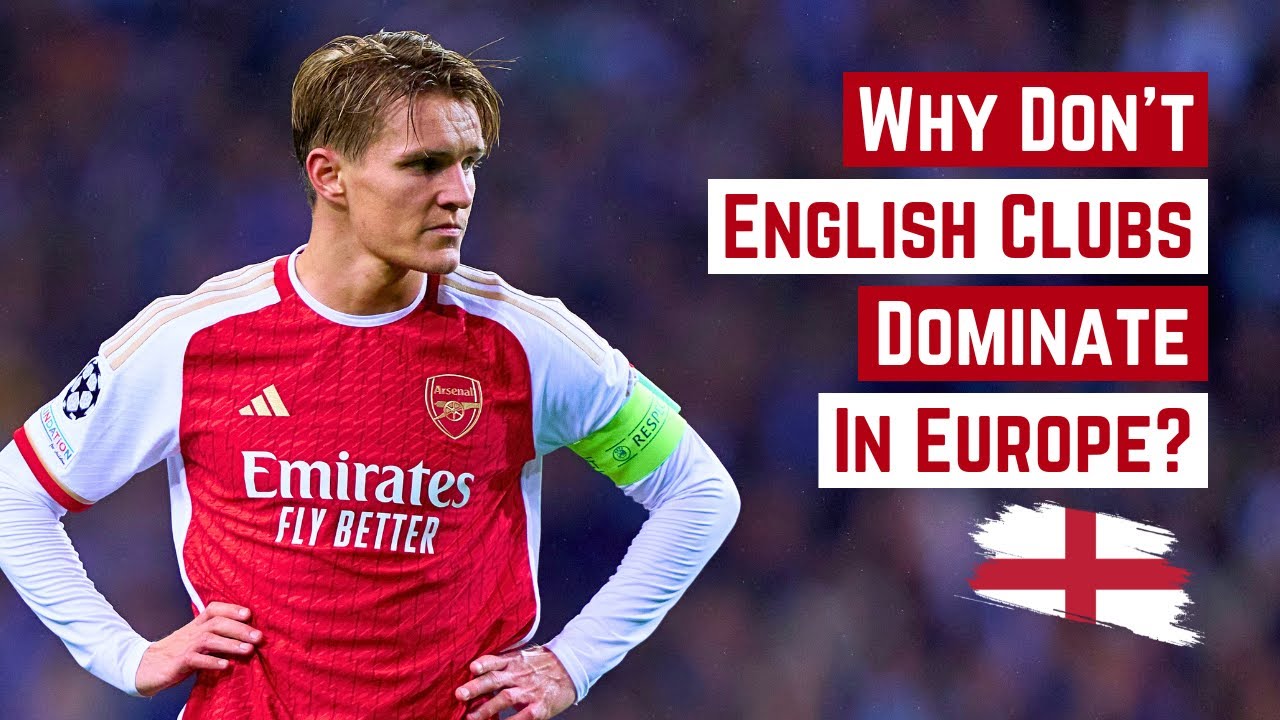
UEFA’s Financial Rules: Will English Clubs Comply?
The Premier League’s Profitability and Sustainability Regulations are well-known, but English clubs also face the challenge of UEFA’s stricter rules. In this article, we’ll delve into the details of UEFA’s regulations to see whether the seven English clubs that have qualified for Europe are compliant.
UEFA’s Regulations
In 2022, UEFA introduced amended regulations to focus on the financial sustainability of clubs, with three key pillars: Solvency, Stability, and Cost Control.
Solvency
Solvency requirements have been strengthened to better protect creditors, including mandatory assessments and quarterly payment dates. This ensures that clubs settle overdue amounts within 15 days.
Stability
Stability is covered by the former Financial Fair Play (FFP) rules, where a club’s loss over the 3-year monitoring period is restricted to an “acceptable deviation”. The limit has been doubled from €30m to €60m, provided any excess over €5m is covered by an equity contribution from the owner. Additionally, clubs in good financial health may be permitted up to an additional €10m allowance per reporting period.
 UEFA’s regulations aim to ensure financial sustainability in European football.
UEFA’s regulations aim to ensure financial sustainability in European football.
Cost Control
The biggest change in the new rules is the introduction of squad cost control, with the ratio of player wages, transfers, and agent fees limited to 70% of revenue plus profit on player sales. This aims to provide a direct measure between squad costs and income, encouraging more performance-related costs, and limiting the inflationary impact of wages and transfer fees.
“UEFA’s objectives in adding the new cost control ratio were to provide a direct measure between squad costs and income to encourage more performance-related costs.” - UEFA
 Squad cost control aims to promote financial responsibility in European football.
Squad cost control aims to promote financial responsibility in European football.
English Clubs’ Compliance
The seven English clubs that have qualified for Europe - Manchester City, Arsenal, Liverpool, Aston Villa, Tottenham Hotspur, Manchester United, and Chelsea - must comply with UEFA’s regulations. We’ll examine their financial positions in detail to see whether they meet the requirements.
 English clubs face the challenge of complying with UEFA’s financial rules.
English clubs face the challenge of complying with UEFA’s financial rules.
Stability Monitoring Period
As we look ahead to UEFA competitions next season, we need figures for the 2022/23 and 2023/24 seasons for the stability calculation. While we have the actual results for 2022/23, we’ll have to estimate 2023/24, as those accounts won’t be published for months.
 English clubs must plan their finances carefully to comply with UEFA’s regulations.
English clubs must plan their finances carefully to comply with UEFA’s regulations.
In conclusion, UEFA’s financial rules are designed to promote financial sustainability in European football. English clubs must comply with these regulations to participate in European competitions. As we’ve seen, the rules are complex, and clubs must navigate them carefully to avoid financial sanctions.
 The UEFA Champions League is the pinnacle of European club football.
The UEFA Champions League is the pinnacle of European club football.















